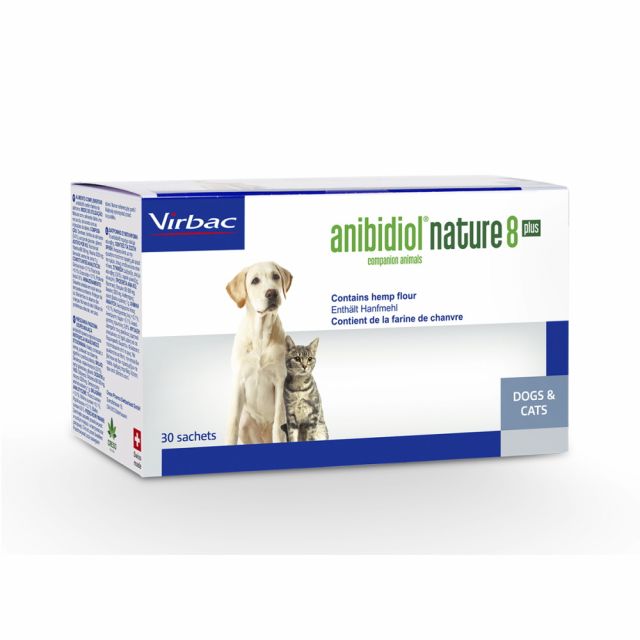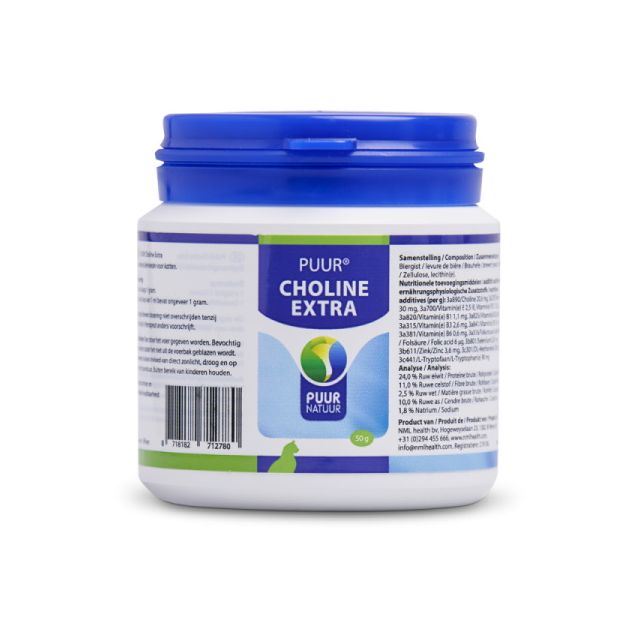Dementia in cats
Are you being meowed awake by your cat at night, while she used to peacefully sleep in her bed all night long? It could be that she has dementia. Just like older people, older cats can also develop dementia. However, older cats can also have conditions that give similar symptoms, so it's always a good idea to discuss it with your veterinarian. Although dementia cannot be cured, you can support your cat with dementia with dietary supplements. Pharmacy4pets is here to help you enjoy your cat for as long as possible.
What is dementia and how often does it occur?
Dementia is an aging process of the brain, leading to changes in your cat's personality and daily sleep-wake cycle. Even learned behaviors, such as using the litter box, can be 'forgotten.' Thirty percent of cats between eleven and fourteen years old show a change in behavior. In cats aged 15 or older, this is even more than half.
Symptoms of dementia in cats
The behavioral changes in dementia develop gradually. Initially, restlessness at night and behavioral changes are particularly noticeable. Later on, cats with dementia often become incontinent. Common symptoms include:
- Changes in the day and night cycle: sleeping during the day and walking around the house at night and/or meowing incessantly.
- Change in interaction with the owner or other animals.
- Lethargy, depression.
- Incontinence of urine or feces.
- Lying in unusual places.
- Staring into space.
Some of these symptoms can also be associated with other conditions that are common in older cats, such as an overactive thyroid, bladder infection, or high blood pressure. Pain or stress in cats often primarily lead to a change in behavior. Therefore, it's important to have your cat examined if her behavior changes.
Treatment of dementia in cats
Unfortunately, there is no medication for dementia. However, symptoms can be alleviated by making adjustments in your interaction with the cat and by providing dietary supplements.
It is known that omega-3 fatty acids EPA and DHA from fish oil can support aging brains. You can give fish oil to your cat in the form of capsules: Seraquin omega or as a liquid variant, for example, Catoils Vital. Supplements like Puur Choline Extra and Anibidiol (CBD) can also support the brains of your older cat. If your demented cat is anxious, supplements such as Zylkene or Telizen can help.
Adjustments in the interaction with your demented cat
For a demented cat, calmness and routine are very important. If your house is full of visitors, it's better for your cat to be in a quieter room in the house. Approach your cat calmly and try to avoid making changes to your cat's immediate surroundings as they can increase confusion. If you're going on vacation, it's much better for your cat to stay at home than to go to a boarding facility.
It's important to keep your cat physically and mentally active. In cases of disorientation, it's often better to keep her indoors, as there's a chance she may not find her way back home.
Just like in humans, dementia is common in older cats. Unfortunately, it cannot be cured. What's especially important are changes in your interaction with your demented cat. Additionally, dietary supplements can support brain function. If you have any questions about our products or about feline dementia, please contact us.


